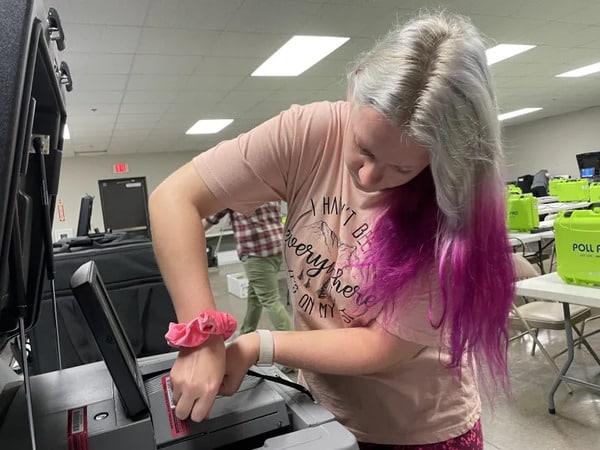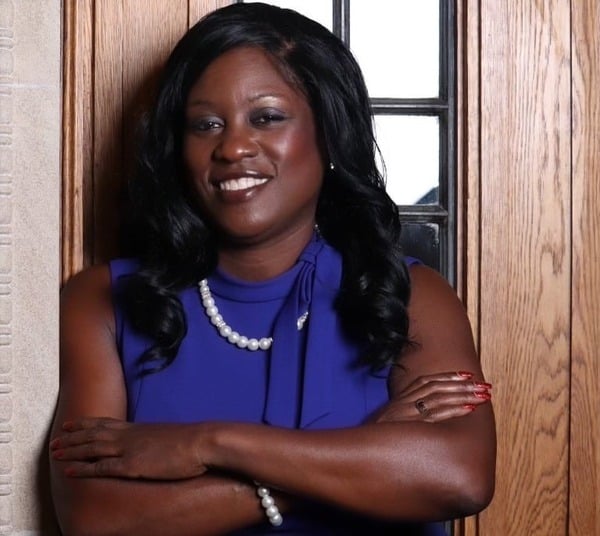The other day, a veteran political professional and I discussed a dying art over drinks.
We were analyzing why a supposedly can’t-miss campaign had failed a few years ago.
Opposition research—or oppo research for short—can be two things. It can mean digging into an opponent’s record and life for embarrassing or damaging information that can be used to discredit the adversary’s campaign.
But oppo research also can refer to the practice of having a campaign closely examine its own candidate’s past to see if there’s dirt that could make the office-seeker vulnerable. The goal of such research is to make sure that any attacks won’t come as surprises because the candidate and the campaign will have defenses and explanations ready.
That sort of oppo research can be painful or even excruciating for the candidate.
It involves not just having staffers comb through the candidate’s tax, financial and professional records, but an experience that is even more invasive. Someone takes the candidate into a room and grills him or her for hours on all sorts of painful subjects.
Is your marriage in good shape? Have you had an affair? Has your spouse? Have your kids been in trouble? Have you ever lied on your resume or a job application? Anyone ever accuse you of sharp or unethical business practices? Had any ugly disputes with your neighbor?
This kind of oppo research serves two purposes.
The first is a grand one. It reminds candidates that, if elected, their lives will become something resembling public property and that they need to limit their expectations of privacy. There’s a reason elected officials also are called “public servants.”
The second one is more practical but equally important. It girds both the candidate and the campaign for combat. Politics in this country—and, most likely, anywhere on earth—never has been a non-contact sport. The hits are real, and they hurt, particularly when they seem to come out of nowhere.
“The last time around,” the old pro said, “we didn’t do that. And it showed.”
Walker is the Republican candidate for one of Georgia’s U.S. Senate seats. He’s also a former Heisman Trophy winner, a certified football legend.
His campaign, though, has been little short of a disaster. Running as a traditional and family values conservative, his candidacy has been dogged by revelations that he beat and abused his family, cheated on his wife and fathered multiple children out of wedlock. Despite claiming to be stridently pro-life, Walker also apparently encouraged yet another woman he’d been involved with to abort his child and paid for the procedure.
Walker has had no answer for any of these charges. The once hard-charging football star has been slammed to the turf again and again and again.
Morales is the Indiana GOP candidate for secretary of state. His story is similar to Walker’s.
Morales has been hit with accusations that he puffed up his work record and grossly inflated his record of military service.
More recently, he’s been pounded by reports that, a dozen or more years ago, he sexually assaulted two young women. Both women have long records of service to the Republican Party, which adds both weight and credibility to their charges.
Morales’ response has been little more than sputtering, nonsensical non-denial denials that accuse the two women of being partisan attack dogs the Democrats have sicked on him.
Even if they are—and they don’t seem to be—a smart candidate and well-run campaign would have been ready for them.
It’s clear no one on their campaign staffs scoured through Walker’s or Morales’ life and records before either launched his candidacy. It’s also evident that neither man sat himself down for the necessary grilling about the most embarrassing and vulnerable parts of his life before he ran for office.
No, neither Herschel Walker nor Diego Morales submitted himself to the kind of oppo research winning political candidates undergo.
And it shows.
It always does.









